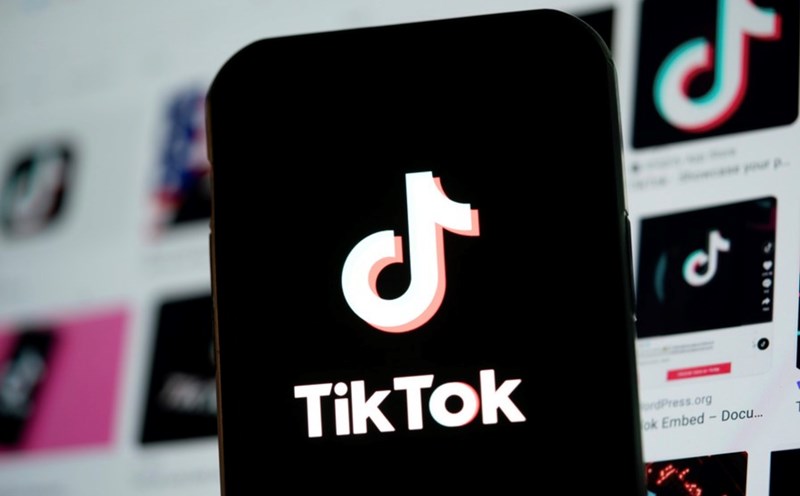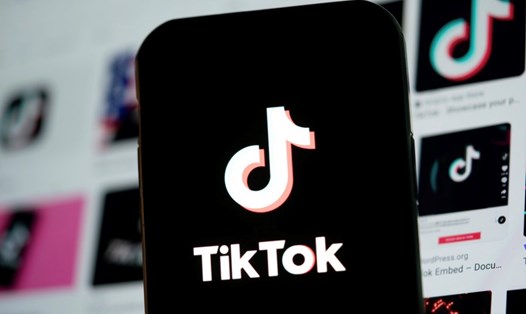Under an executive order signed by US President Joe Biden in April 2024, TikTok must divest from its Chinese parent company ByteDance and sell it to a US entity by January 19, 2025, or face a ban. If this deadline passes without TikTok completing the transfer, the app will be removed from the Apple and Google stores.
Previously, Bloomberg revealed that ByteDance could sell TikTok in the US to Elon Musk, who is said to integrate the platform into social network X to attract more users. However, TikTok representatives denied the above information and emphasized that they do not agree with this idea.
According to experts, TikTok is willing to accept being banned from the US rather than hand over management to Mr. Musk. After he took over Twitter for $ 42 billion and renamed it X, the platform fell into chaos due to its authoritarian management. TikTok's leadership seems to not want to repeat this with their "favorite child".
TikTok is now one of the largest social networks in the US, with more than 170 million users and about 7,000 employees. However, the social network has just over three days to find a solution before the ban officially takes effect.
Before the US, many countries banned TikTok due to inappropriate content or security concerns. India was the first country to completely ban TikTok in 2020. This was followed by Afghanistan, Iran, Kyrgyzstan, Nepal and several other countries.
European countries such as the UK, France, Belgium, Denmark and European Union organizations have also banned government employees from installing the app, mainly due to concerns that TikTok could collect data and pose a risk to national security.
Notably, TikTok is not allowed to operate in China. Instead, ByteDance has developed Douyin, a separate version for the domestic market with controlled content to comply with Chinese law.
Despite their similar interfaces and features, Douyin and TikTok are two completely independent platforms in terms of database. International users when visiting China will not be able to access TikTok because it is completely blocked.
TikTok's looming ban in the US has not only sparked debate over personal freedoms, but is also a reminder of the complex relationship between technology, business and politics globally.











